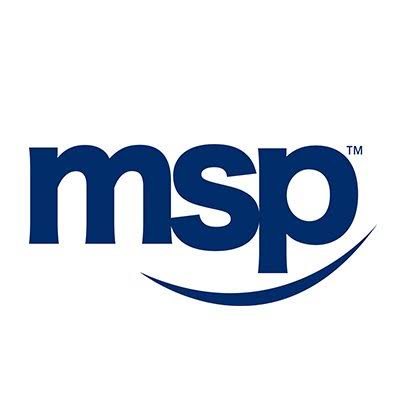In Singapore, management is crucial everywhere, and this is where this service provider comes to the rescue. Outsourcing IT services such as networking, application, infrastructure, or information assurance to a managed it service provider in singapore (MSP) is an arrangement where the MSP has complete responsibility for such services and proactively determines what services are required to meet the requirements client’s needs.
An MSP’s services in Singapore are provided by employees who are either on-site at the client’s location or in another area. MSPs can provide equipment, software, or cloud computing as part of their services.
The business model for a service provider that is managed
Managed services structure the business to provide technological services at a lower cost, with more quality, and with greater flexibility and scalability than an organisation can deliver on its own. For example, an MSP has the resources and expertise that smaller businesses can’t afford to hire their own in-house IT staff. They can also employ specialists that smaller businesses can’t justify, and they can use automation, AI, and computer vision — technologies that companies don’t always have the expertise to enforce themselves.
To differentiate the two types of outsourcing organisations, managed service providers pick up or replace the IT staff of a company when it outsources an IT division or function to a third-party service provider. An MSP, however, concentrates not on jobs themselves but the final results the consumer wants. Some companies might hire MSPs to handle customer support calls and guarantee a particular degree of satisfaction on response time. Any method the managed it service provider in singapore chooses to manage client contacts, including dedicated employees or automated systems, is acceptable if the MSP can achieve these criteria.
If you’ve ever thought about outsourcing your business processes to a third-party service provider, you’ve likely come across the term “managed service provider.”
While traditional IT consulting is primarily project-based, managed services are subscription-based.
The advantages of using a managed service company
According to NTT’s 2021 global service management study, the top advantages of hiring a managed service company are increased security, greater flexibility, access to leading scientific and industry knowledge, and reduced costs.
An MSP can also offer variable billing models depending on various metrics. Variable billing can open up new revenue streams for the MSP while providing their clients with greater freedom and scalability. A company with substantial investments in software and hardware can’t simply reverse that investment when the economy declines, for example. Similarly, laying off people who have since found new jobs can be expensive and lead to long damage to the organisation. Adding capacity during short-term peaks in demand can be challenging.
As a result, MSPs can invest in new technology and expertise that smaller enterprises just cannot.
MSPs also can help fill in gaps in the workforce. Consider the issue of ageing infrastructure. As baby boomers begin to leave the force, younger workers are becoming less willing to acquire the languages and technologies of the past. As an MSP has an extensive customer base, it can staff and train for legacy skills.
Using managed services carriers for cutting-edge applications can help organisations speed up adoption, even if they lack in-house expertise.
Providers of strategically managed services
Strategic and long-term business planning services, such as digitalisation consulting, audit logs, technology roadmaps and needs assessments, are now being offered by managed service providers.

